Whether you are a professional athlete or a fitness enthusiast, proper hydration is vital to your health and athletic performance. By saying this, we mean adequate hydration before, during and after your workout.
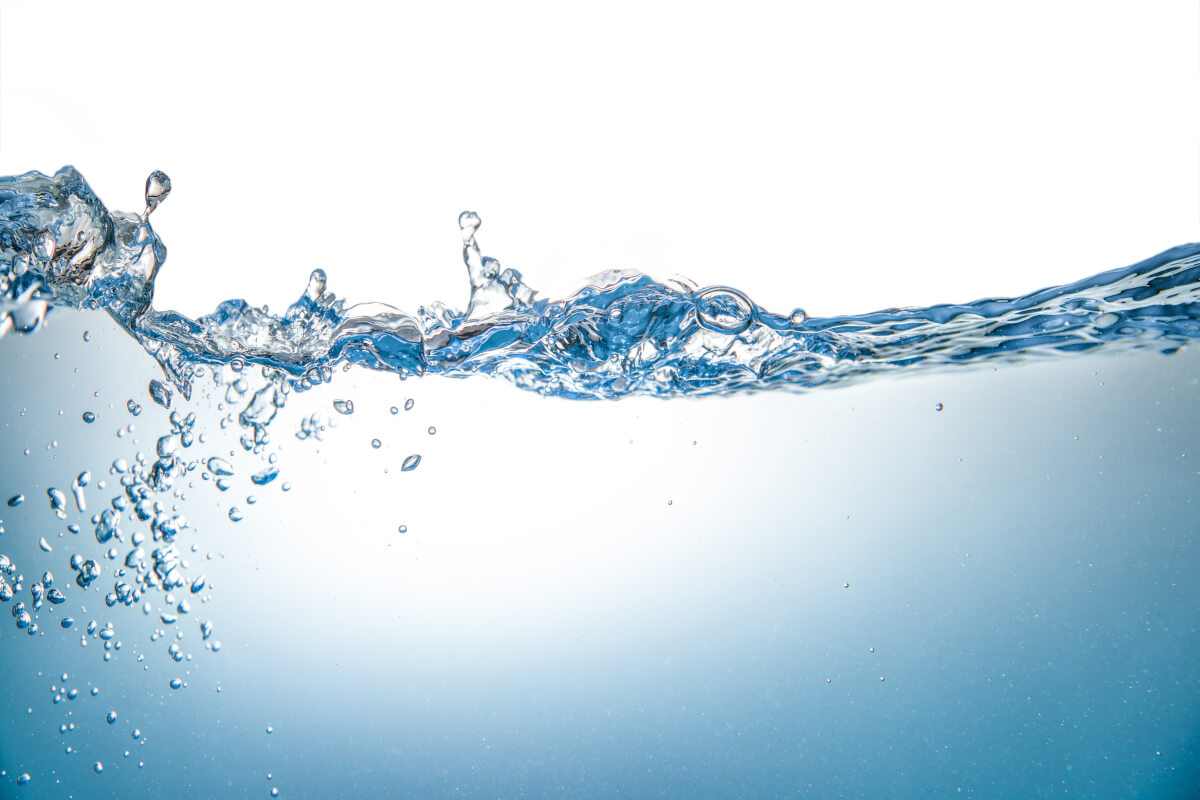
When you exercise, you sweat. During work out, you also expel more moisture through your breath due to a higher respiration rate. Water is critical to balancing all the body's systems, including the brain, heart, kidneys, lungs and muscles. In addition, water helps regulate body temperature, lubricate joints, and carry waste products out of the body. It also helps transport nutrients that provide energy and keep us healthy.
Dehydration and its Symptoms
If your body is not adequately hydrated, it won't function the way it should. Dehydration happens when you lose more fluid than you drink. Even a 2% decrease in body weight through water loss can cause detrimental effects. Both physical and mental performance tends to suffer in a state of dehydration.
If you follow any of the following signs or symptoms, you should stop working out immediately. These symptoms should be carefully monitored and often resolved by drinking water, sitting in the shade, or taking off equipment to cool the body.
- Dizziness/lightheadedness
- Muscle cramps
- Nausea/vomiting
- Dry mouth
- Dry skin (no longer sweating)
- Rapid heartbeat
Severe dehydration can sometimes result in loss of consciousness. Seek medical help if you continue to feel any of the symptoms listed above.
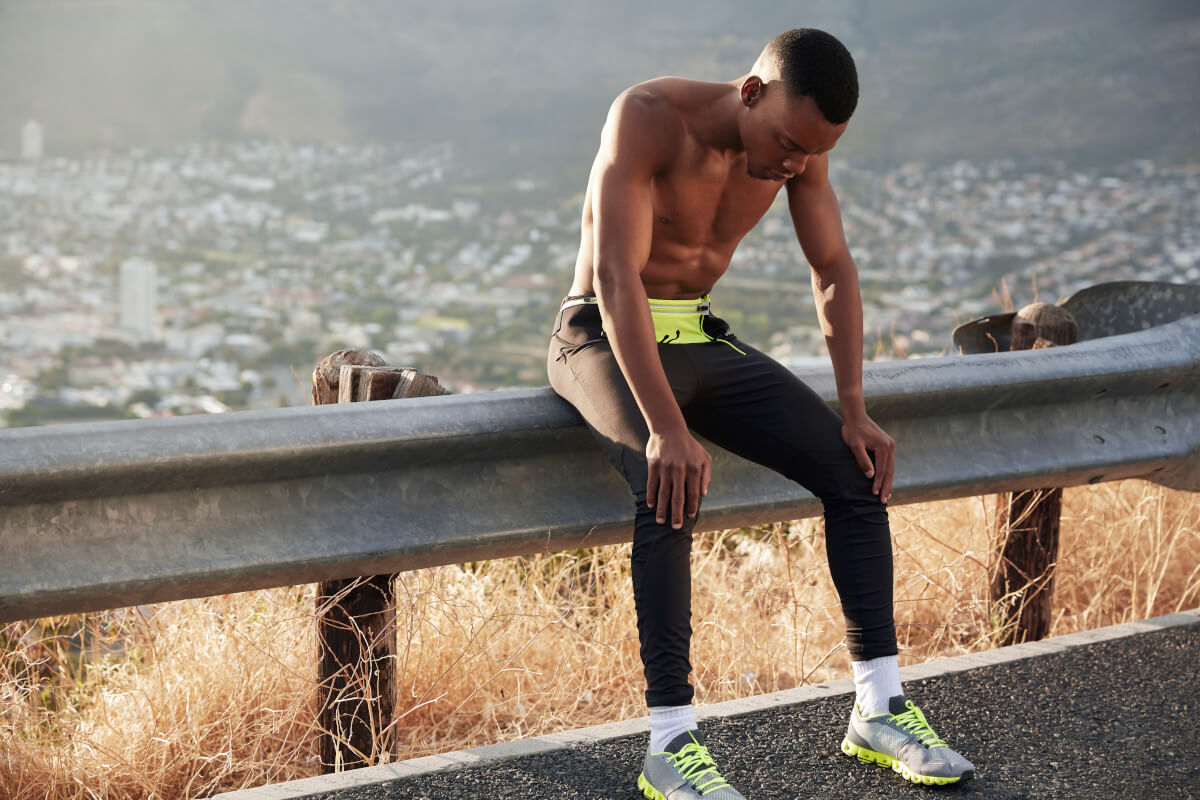
How much water should you drink during a workout?
The amount of fluid required by the body varies from person to person. It mainly depends on the type of physical activity, the length and intensity of the training, metabolic rate, humidity, level of physical fitness, etc.
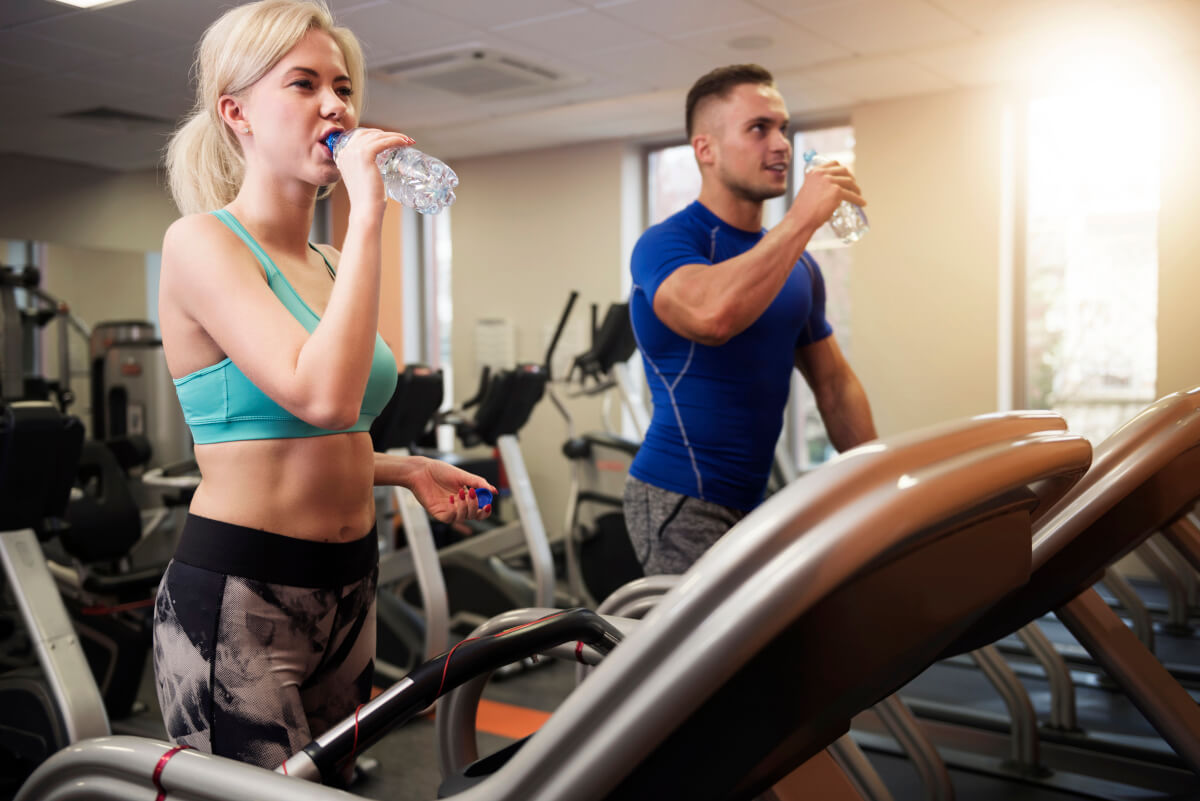
However, here are some general guidelines to follow to avoid dehydration while training:
Before Training
Drink around 500-600 ml of water at least 4 hours before training/playing a sport.
Drink 250-350 ml of water around 10 to 15 minutes before training.
While Training
If you are exercising for less than an hour, drink 100-250 ml of water every 15-20 minutes.
If you are exercising for above an hour, drink 100-250 ml of a sports drink (containing electrolytes and carbohydrates) every 15-20 minutes.
Post Training
For every pound of weight loss during the intense exercise, you need to drink 600-700 ml of a sports beverage or water; athletes often weigh themselves before and after a workout to determine this.
However, it's equally important that you don't drink too much fluid (more than 950 ml in an hour) while exercising since "over-hydration" could also lead to side effects.
Benefits of Hydration While Training
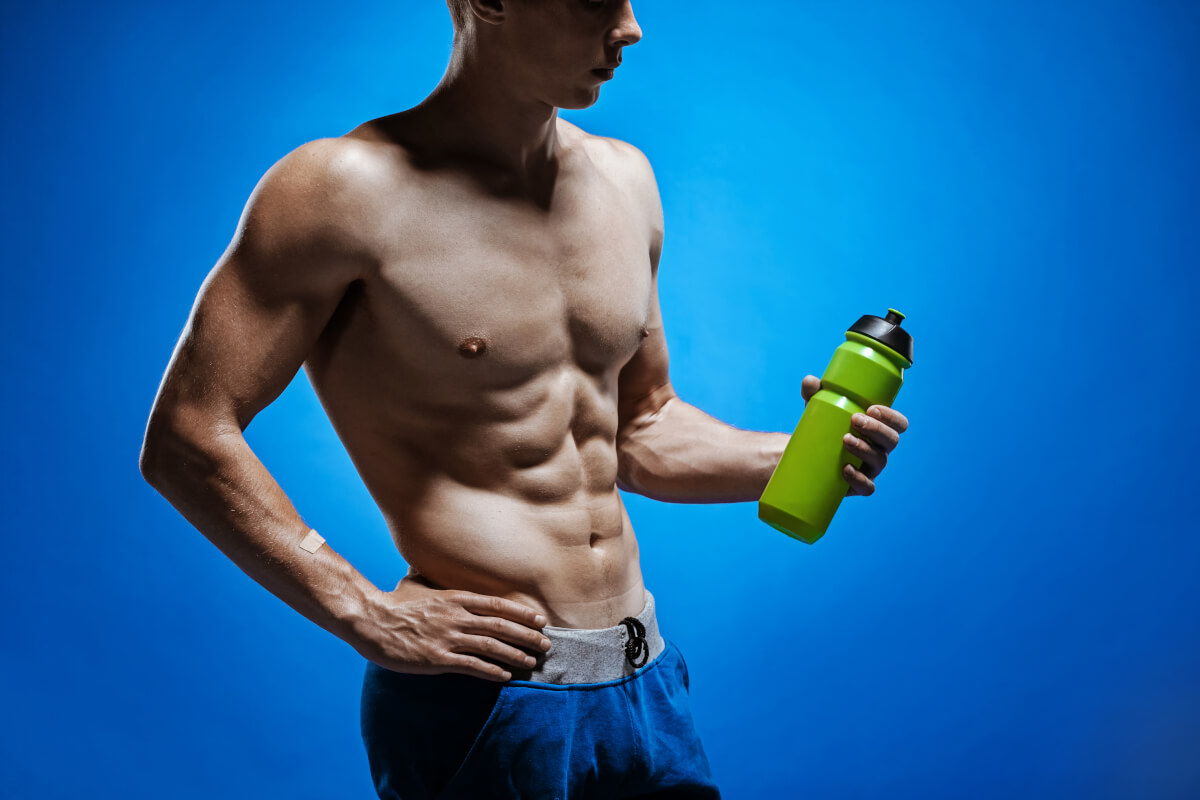
Promotes Cardiovascular Health
Your heart is a big muscle that is constantly pumping to ensure that all of your cells receive enough oxygen. Dehydration reduces blood flow, forcing the heart to work harder and faster to keep the rest of the body supplied with oxygen. Heart attacks, strokes, and other heart problems can all be caused by an overworked heart. Drinking plenty of water every day lowers the risk of heart diseases significantly.
Helps Your Joints and Muscles to Function Correctly
Have you ever had a painful muscle cramp? If you have, dehydration may be the cause of your distress. Without the proper amount of fluid, the muscles and joints tense up. For this reason, orthopaedic doctors advise all patients, especially active patients who partake in sports or strenuous exercise, to drink plenty of water during the day. Your muscles and joints respond to physical activity better if you drink enough water.
Maximizes Physical Performance
Maintaining a healthy level of hydration improves overall physical performance. Whether it's for sports or daily tasks, the body functions better when you have enough fluids. When you start to cut back on your water consumption, your body begins to lose energy. People who engage in high activity levels should carry enough water and electrolyte-containing fluids to drink before, during, and after any strenuous exercise. Many athletes consume drinks such as Powerade or Gatorade in addition to water.
Best Ways of Hydration
For the majority of outdoor sports, plain simple water suffices. If your training lasts an hour or more, then either diluted fruit juice or a sports drink will provide carbohydrates for energy as well as minerals to replace electrolytes (sodium, potassium, and magnesium) lost in your sweat.
Sports drinks such as Gatorade and Powerade will help you stay energized during your workout. They're made to quickly replace fluids and increase the amount of sugar (glucose) in your bloodstream.
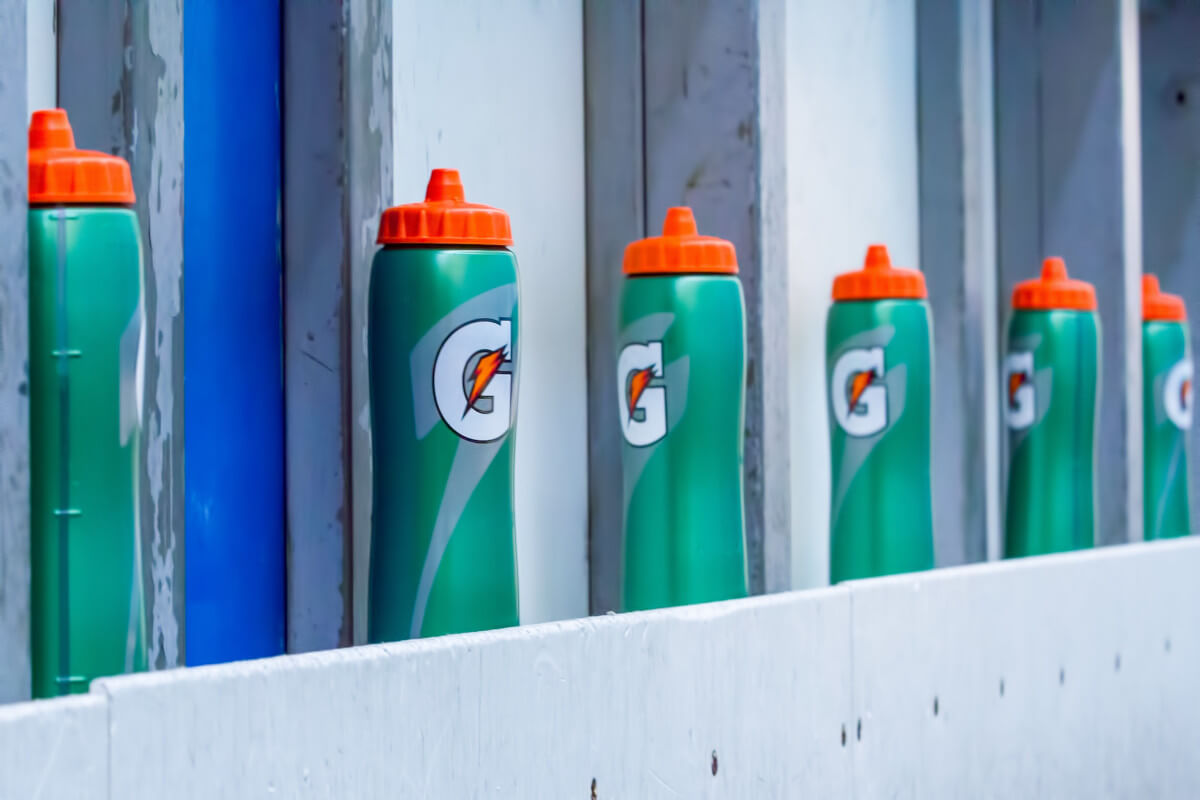
Determine which sports drink is better for you by reading the label. The carbohydrates in the drink should come from glucose, sucrose, and fructose, all easily and quickly absorbed. It should not be carbonated because the bubbles can cause an upset stomach.
Most sports drinks are heavily diluted and have low-calorie content. Enjoy a sports drink if the flavour encourages you to drink more and stay hydrated. If you are concerned about the calories, dilute your sports drink with water or pour it into an ice-filled thermos.
Benefits of Electrolytes
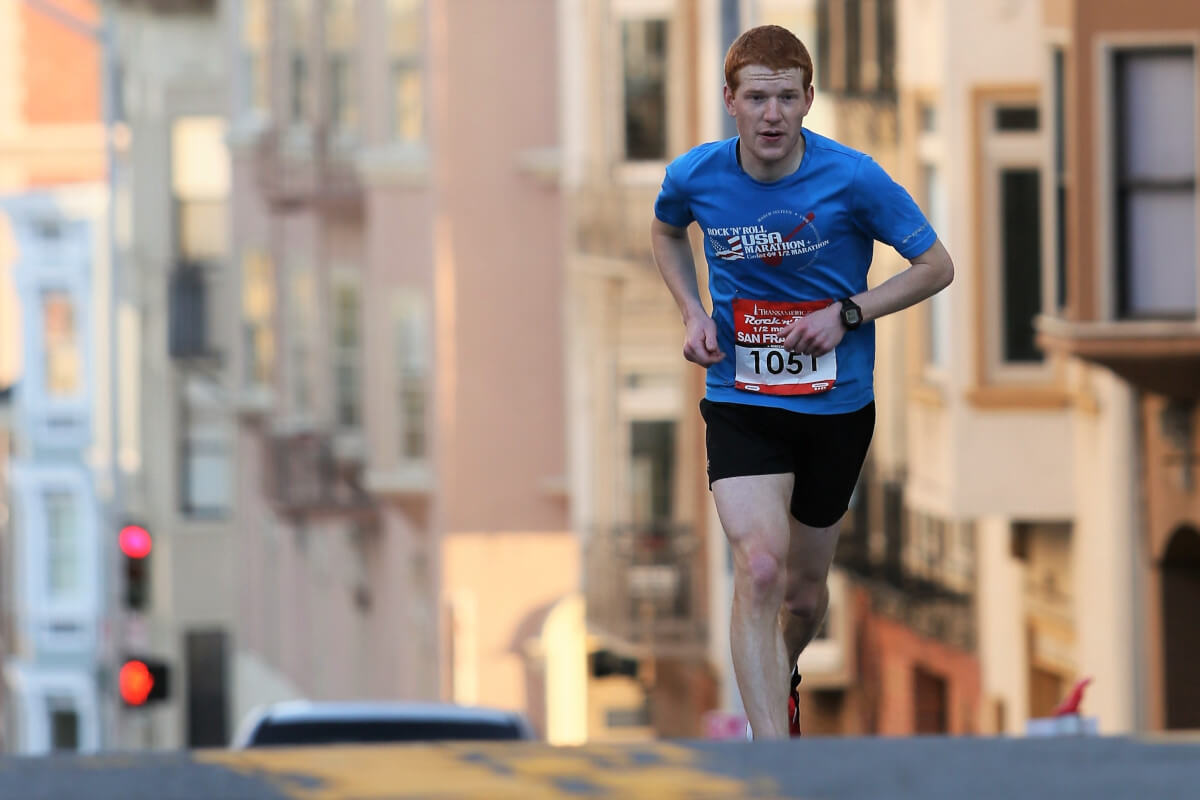
To understand the benefits of hydration with electrolytes, consider a marathon runner. A marathon is an endurance sport where the body is often required to operate under strenuous conditions for prolonged periods. As a result, more of the marathon runner's natural electrolyte minerals, such as sodium, potassium, and calcium, are lost through sweat. To make up for sweat-related losses, proper hydration must replenish these lost electrolytes as quickly as possible.
The term "electrolytes" comes from the fact that they aid in transferring electrical charges in the body. These charges stimulate muscles and nerves while also assisting in maintaining vital cellular functions. Therefore, a body that can retain the right electrolyte balance during exercise will be operating more efficiently, resulting in improved performance and energy.
The Bottom Line
Far too many bodybuilders and athletes don't drink enough water during their training, which can lead to various health problems in the short and long term. Hydration has many undeniable advantages. To reap the maximum benefits of hydration, you must make a deliberate effort to hydrate before, during, and after exercise.
References
Candas, V., Libert, J. P., Brandenberger, G., Sagot, J. C., Amoros, C., and Kahn, J. M. (1986). Hydration during exercise. European Journal of Applied Physiology and Occupational Physiology, 55(2), 113–122. https://doi.org/10.1007/bf00714992
Wilk, B., and Bar-Or, O. (1996). Effect of drink flavour and NaCl on voluntary drinking and hydration in boys exercising in the heat. Journal of Applied Physiology, 80(4), 1112–1117. https://doi.org/10.1152/jappl.1996.80.4.1112
Belval, L. N., Hosokawa, Y., Casa, D. J., Adams, W. M., Armstrong, L. E., Baker, L. B., Burke, L., Cheuvront, S., Chiampas, G., González-Alonso, J., Huggins, R. A., Kavouras, S. A., Lee, E. C., McDermott, B. P., Miller, K., Schlader, Z., Sims, S., Stearns, R. L., Troyanos, C., and Wingo, J. (2019). Practical Hydration Solutions for Sports. Nutrients, 11(7), 1550. https://doi.org/10.3390/nu11071550


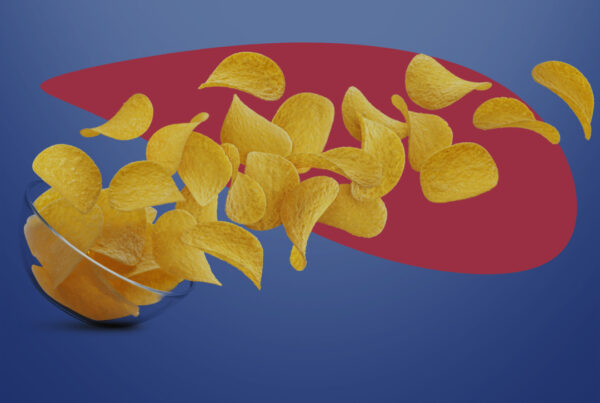
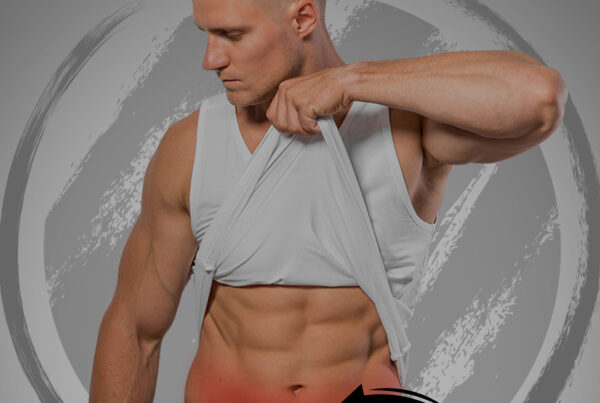
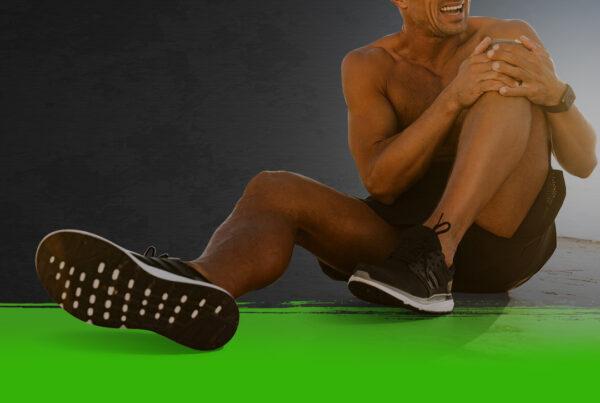

One Comment